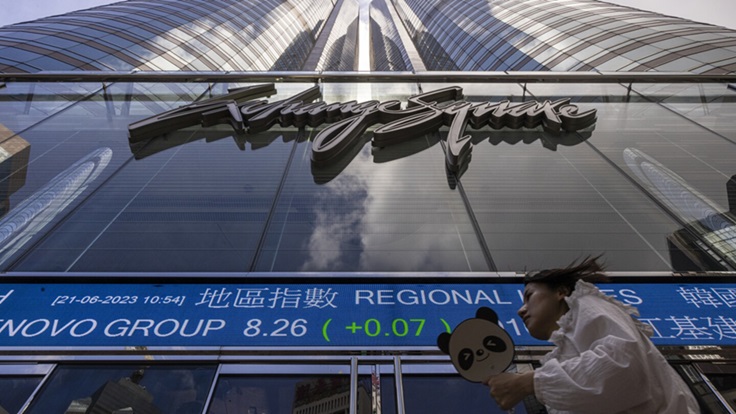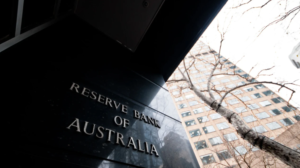Stocks in Hong Kong and mainland China soared on Tuesday, with Hong Kong’s Hang Seng Index recording its biggest gain in six months and mainland China’s indices notching historic gains. The rally came amidst signs of market intervention, as China’s sovereign wealth fund, Central Huijin Investment, publicly announced its increased investments in index-based exchange-traded funds (ETFs) to stabilize the capital market. The Shanghai Composite Index surged 3.2%, while the Shenzhen Composite Index logged a 5.1% gain, its best day in five years. The CSI 1000 index of smaller-cap companies soared by a record 8.1%, before paring it to 7% at the close of trading.
In Hong Kong, the Hang Seng Index advanced 4% to 16,136.87, with the Tech Index rallying 6.8%. The Hang Seng China Enterprises Index, tracking 50 major mainland companies, surged 4.9%, its biggest gain since March last year. Key stocks in Hong Kong also saw significant gains, with Alibaba Group surging 7.6%, Meituan gaining 6.5%, Tencent adding 4%, SMIC rising 8.6%, Longfor Group rallying 10%, BYD advancing 5.4%, and Geely Auto soaring 7.5%.
According to Wang Zheng, chief investment officer at Jingxi Investment Management in Shanghai, policymakers are concerned about persistent stock declines and are taking measures to ease selling pressure ahead of the Lunar New Year. Central Huijin Investment’s announcement of increased ETF investments followed verbal support from leaders, including Premier Li Qiang, over the past month.
The China Securities Regulatory Commission (CSRC) stated that it would continue to guide more mutual and private funds, brokerages, and social security funds into the market, and encourage more buy-backs to attract fresh capital and maintain market stability. The CSRC reiterated its zero tolerance for market misconduct, including “vicious short selling,” and warned against market manipulation. It also imposed fresh curbs on securities lending and short selling, and restricted the use of derivatives that perpetuate market slumps.
Despite the surge in Hong Kong and mainland China, major Asian markets fell, with Japan’s Nikkei 225 slipping 0.5%, and South Korea’s Kospi Index and Australia’s S&P/ASX 200 weakening by 0.6%.
(Source: CNBC | SCMP)









